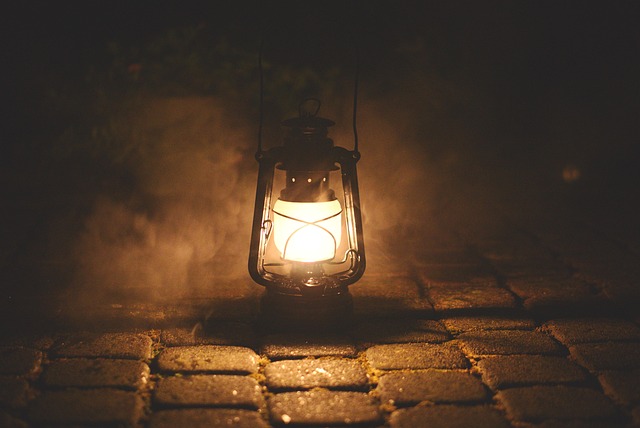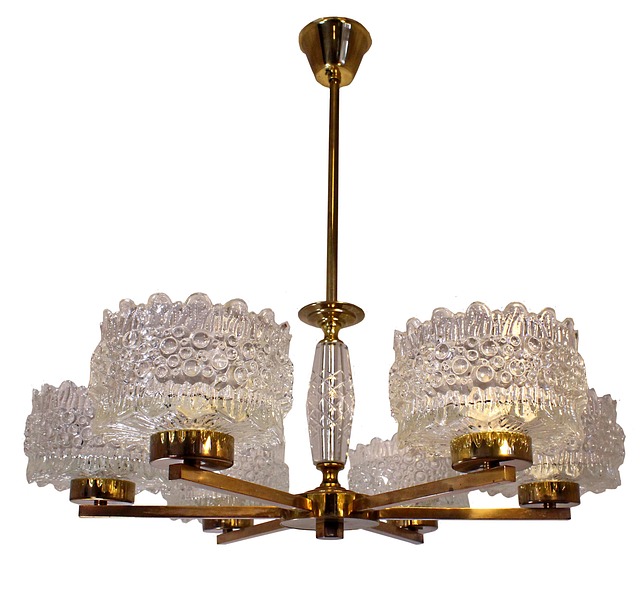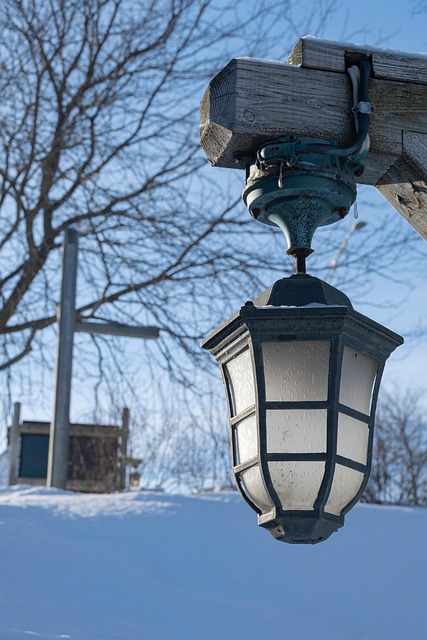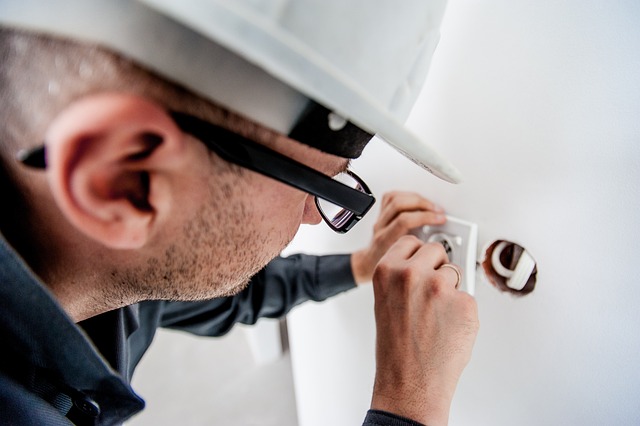Electrical safety in Eugene, Oregon, relies on state and national codes enforced by licensed electricians who ensure installations meet the Oregon Building Code and National Electrical Code (NEC). Regular inspections identify hazards like outdated wiring, preventing fires, shocks, and accidents. Residents and businesses should prioritize electrical safety through professional services, adhering to codes, and preparing for inspections to maintain a secure environment.
“In the pursuit of safe and reliable electrical systems, understanding local regulations is paramount. Eugene Oregon residents benefit from strict adherence to Oregon’s electrical safety standards, ensuring homes and businesses are up to code. This article delves into the crucial role licensed electricians play in maintaining these standards. We explore the differences between commercial and residential inspections, common issues found during home assessments, and essential preparation tips for a smooth electrical inspection process, emphasizing the importance of an electrician Eugene Oregon residents can trust.”
- Understanding Electrical Safety Standards in Oregon
- The Role of a Licensed Electrician in Eugene
- Commercial vs. Residential Electrical Inspections
- Common Issues Found During Home Inspections
- How to Prepare for an Electrical Inspection
Understanding Electrical Safety Standards in Oregon

In Oregon, electrical safety standards are governed by both state and national regulations, ensuring that all electric installations meet stringent criteria. These standards are designed to protect residents and businesses from potential hazards associated with electricity. Electricians in Eugene, Oregon, play a vital role in upholding these regulations. They are trained professionals who specialize in the safe installation, maintenance, and repair of electrical systems. By adhering to the Oregon Building Code and National Electrical Code (NEC), electricians ensure that circuits, wiring, and equipment are correctly sized, installed, and protected, thereby minimizing risks of fires, shocks, or other electrical accidents.
Understanding these safety standards is crucial for both property owners and electricians. Regular inspections by licensed Eugene electricians help identify potential issues before they become dangerous. This proactive approach not only safeguards lives but also protects investments in homes and businesses. Staying informed about Oregon’s electrical safety standards enables everyone to make informed decisions regarding their electrical systems, fostering a safer environment for all.
The Role of a Licensed Electrician in Eugene

In Eugene, Oregon, the role of a licensed electrician is paramount for ensuring safety and compliance with local electrical codes. These professionals are trained to handle a wide range of tasks, from installing new wiring systems in homes and businesses to repairing faulty circuits and outlets. A licensed electrician in Eugene brings expertise and experience that are crucial for navigating the complex landscape of electrical systems. They are equipped to identify potential hazards, such as outdated wiring or malfunctioning appliances, and rectify them promptly, thereby safeguarding lives and properties.
When it comes to electrician Eugene Oregon, residents and businesses can expect expert advice, quality workmanship, and adherence to safety standards. These electricians play a vital role in maintaining the integrity of electrical infrastructures, ensuring that power flows smoothly without compromising on safety. Whether it’s a routine inspection, an emergency repair, or a new installation, licensed professionals are the go-to solution for all electrical needs in Eugene.
Commercial vs. Residential Electrical Inspections

When it comes to electrical inspections in Eugene, Oregon, whether for commercial or residential properties, there are distinct differences between the two. Commercial electrical inspections often involve more complex systems designed to support larger-scale operations, such as multiple units or high-power equipment. These thorough checks ensure that electrical installations meet safety standards and handle the increased demand typically found in commercial settings.
Residential inspections, on the other hand, focus on ensuring the safety of individuals living in homes. Electricians in Eugene Oregon carefully examine wiring, outlets, and fixtures to guarantee they are up to code and pose no risks to residents. Given the variety of home sizes and ages, these inspections can be more varied, addressing unique challenges like outdated wiring or specialized systems found in modern homes.
Common Issues Found During Home Inspections

During home inspections in Eugene, Oregon, several common issues are often discovered, highlighting the importance of hiring a qualified electrician Eugene Oregon for regular checks. One of the primary concerns is outdated electrical wiring, which can be a fire hazard. Many older homes may have faulty or worn-out wiring, including knob-and-tube wiring, that doesn’t meet modern safety standards. Another frequent finding is overloaded circuits, often due to the increased demand for power from modern appliances and electronics. This can lead to overheating and potential fires if not addressed.
Additionally, inspectors frequently uncover issues with electrical outlets and switches, such as loose connections or damaged components. GFCI (Ground Fault Circuit Interrupter) outlets, crucial for safety in kitchens and bathrooms, may be missing or malfunctioning. Poorly installed or improperly wired fixtures can also pose risks. Addressing these common problems not only enhances the safety of a home but also prevents costly repairs and potential disasters.
How to Prepare for an Electrical Inspection

Preparing for an electrical inspection with a licensed electrician in Eugene, Oregon, is essential to ensure a smooth process and potential cost savings. Before the inspector arrives, take time to gather important documents related to your property’s electrical system. This includes purchase records, permits, and any previous inspection reports. Making these readily available can speed up the inspection process.
Additionally, identify potential problem areas or concerns you have about the electrical setup. Inform the electrician of any odd behaviors, frequent trips, or flickers, as they may require closer attention. Unplug unnecessary appliances and turn off non-essential circuits to give the inspector clear access to every part of the system. A well-prepared home not only makes for an efficient inspection but can also help identify potential issues before they become costly repairs.






